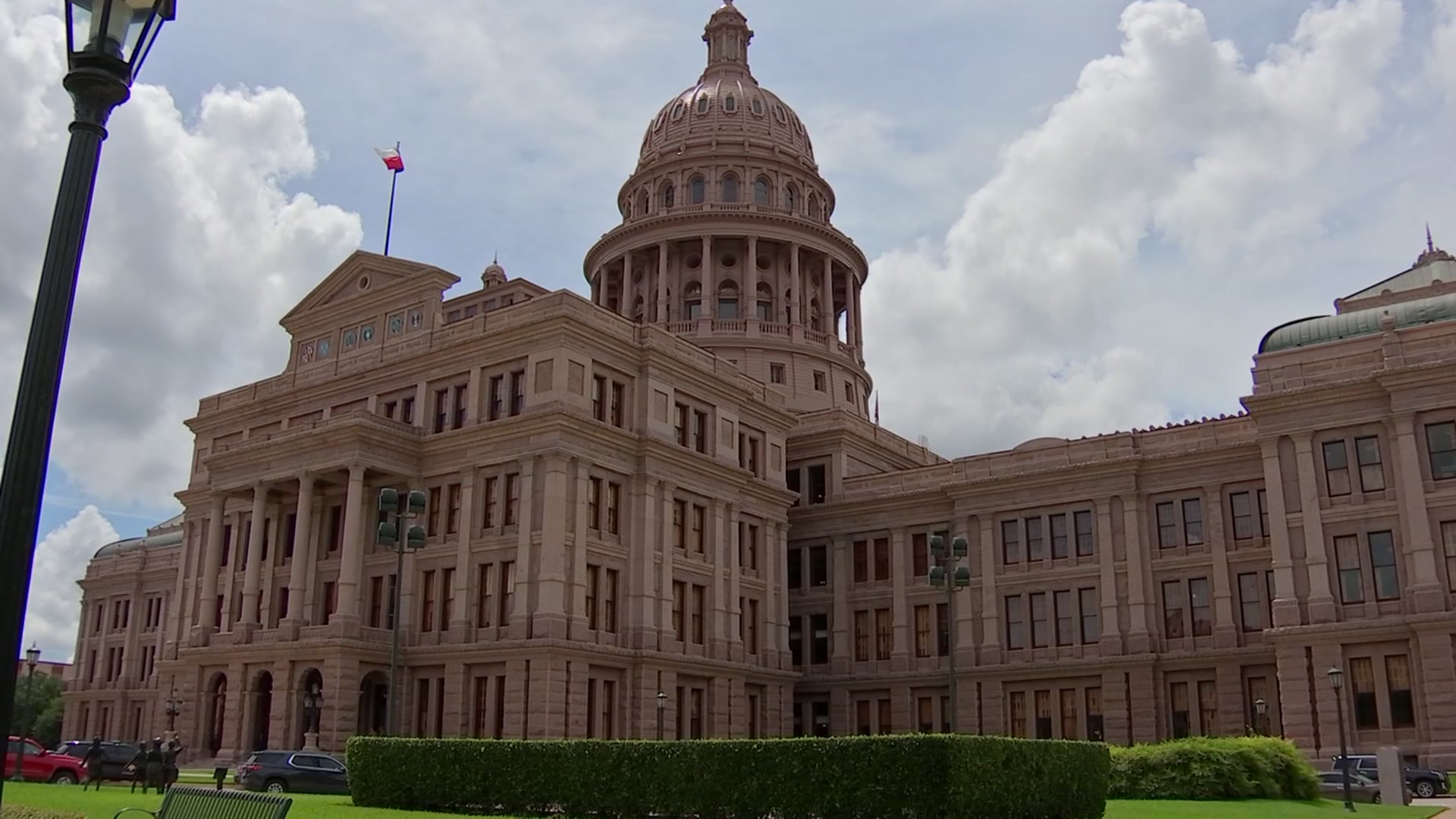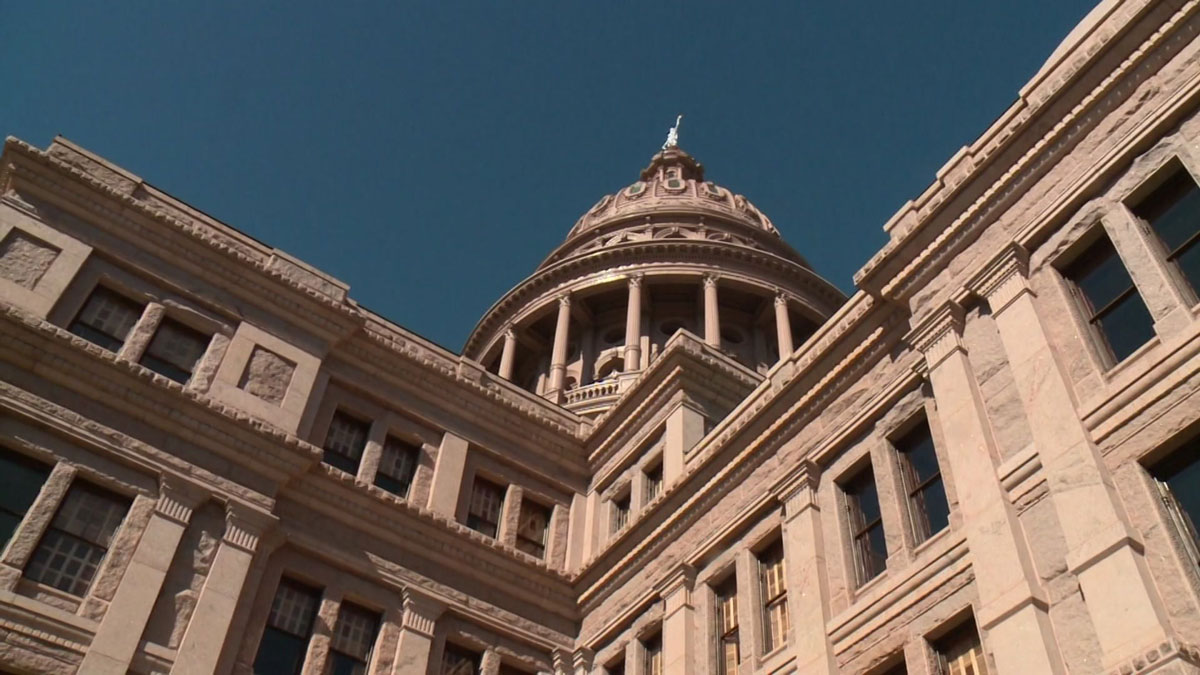After Texas Republican Gov. Greg Abbott signed off on the massive property tax relief package last Saturday, the next step is for voters this November.
For years it's been top of mind for many: tax bills rising nearly all across the state, pressuring lawmakers to act in a contentious, drawn-out special session. They delivered, passing a $18 billion package with two major components: a homestead exemption and a tax rate "compression."
Around 25 years ago, the state's homestead exemption was only $5,000. In 1997, 77.5% of voters statewide approved raising that to $15,000. In 2015, 86.38% of voters approved raising it to $25,000. Then again in 2022, 88.95% of voters approved raising it to $40,000.
Voters will now decide whether to more than double the exemption to $100,000.
Get top local stories in DFW delivered to you every morning. >Sign up for NBC DFW's News Headlines newsletter.
The amount a property owner will save will depend on the property. State leaders say the average homeowner will save $1,200 a year but larger properties will save more.
"Historically, home prices have gone up faster than other properties," said Dr. Lynn Krebs from the Texas A&M Real Estate Center.
The part raising the homestead exemption from $40,000 to $100,000 will provide an equal amount of savings to all the 5.7 million homeowners up to the limit. The exemption may even eliminate the largest chunk of property tax altogether for very low-value properties in rural areas far off from major cities or in low-income neighborhoods.
"The school M&O rate is the largest of any one of those portions of the tax rates, so it is a significant part of your tax rate," said Krebs.
The second part of the package lowers the tax rate across the board by around 21 cents per $100 of value for every property. Homeowners are included but also commercial, industrial, investment, and agriculture properties. What that, the more valuable the property is the more money the property owner will save.
"The higher your taxable value, the more benefit you'll receive from rate compression. it's just simple math," said Krebs.
Some lawmakers criticized the package because it leaves out renters but the majority hoped landlords will pass those savings down to their tenants.



